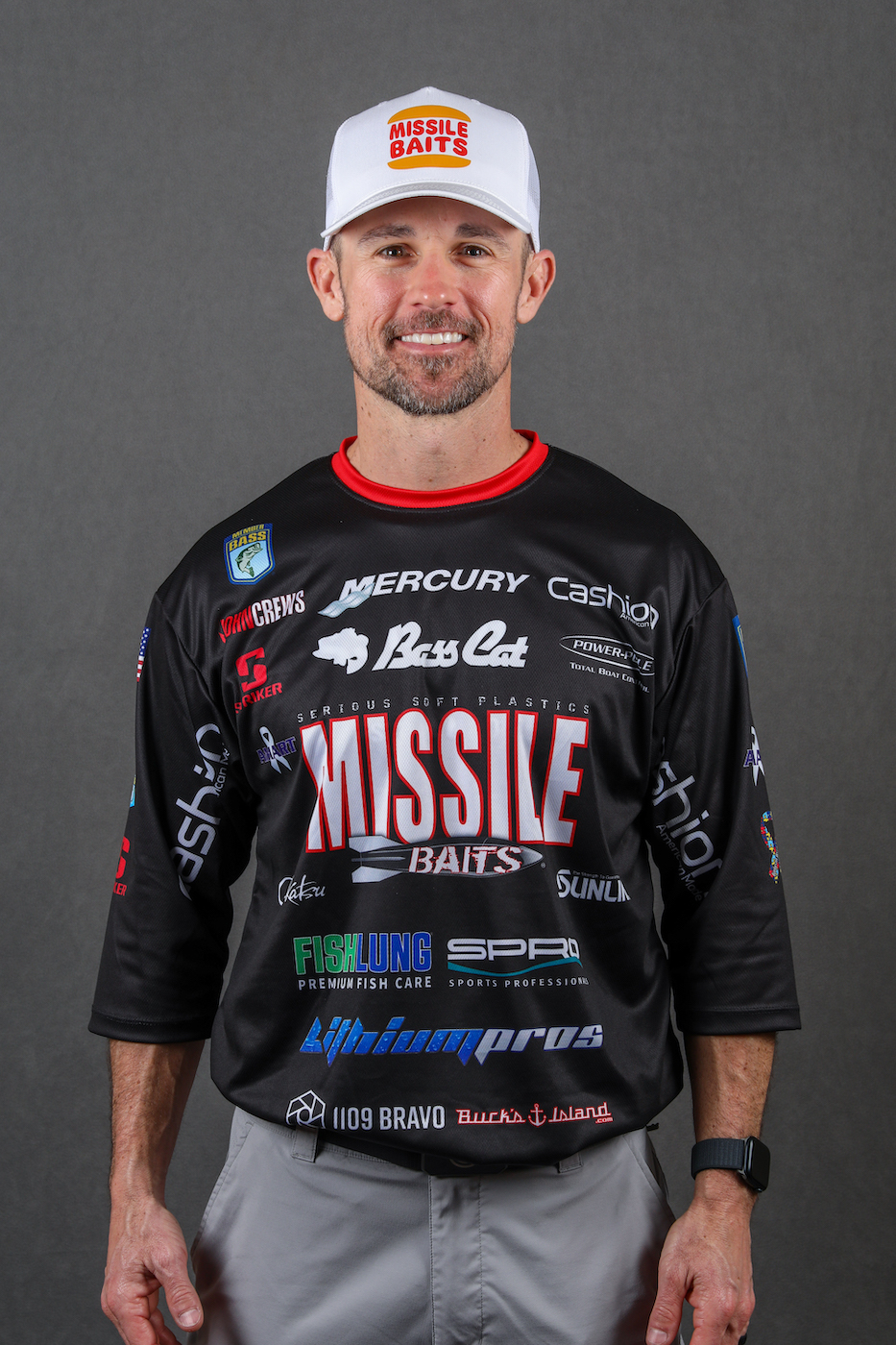
Every year, after the Elite Series tournaments are finished I take some time to review my season. I want to know where I went wrong and where I went right. It’s the only way I know to get better, and I need to do that after the year I had. I’ll be working the show instead of fishing when the Classic rolls around. That was not my plan.
There are three basic aspects to my review. I’m going to share them with you in the hope that they’ll help you improve, too. A word of warning is in order, however. This process is worthless unless you are brutally honest with yourself. Blaming bad luck for our own shortcomings will only make things worse.
Equipment and tackle
Did you have equipment or tackle problems last year that affected your fishing?
Note that I’m not talking about having the best of everything. There isn’t an angler alive who can’t upgrade something. I’m talking about equipment or tackle that’s broken or malfunctioning and that’s having a negative impact on your fishing.
At my level, I can’t have tackle that puts me at a disadvantage, no matter how small. That was not any part of my 2016 problems.
One problem that plagues a lot of anglers is their electronics. If they aren’t working properly or aren’t set up properly, you need to fix them. Dependable electronics are critical. The importance of setting them up correctly and knowing how to use them can’t be overstated.
Other than one minor issue with my set up I had no problems with my electronics in 2016.
Every day is a new day
Did you take changing conditions into account and approach every day, and every part of every day, as a new opportunity?
To be fair, this is probably the hardest thing to do in all of fishing. When you catch bass in one area or on one spot on one day it’s darn near impossible not to go back. But, sometimes you have to think logically about what you’re doing. Every day is different.
This particular problem plagued me a time or two last year, especially on Texoma.
The lake was flooded. That meant flooded bushes. I knew that was something I could deal with successfully. Practice turned out to be tougher than expected, but on the last day I found and area that was loaded with bass.
I went there on the first day of competition, and lost enough good fish to have been in the top five. I was losing them on topwater plugs. I should have fished a different lure, something with a better hookset percentage. But I didn’t. On the second day the fish were gone. I finished 107th. I didn’t adapt and change with the conditions.
Spread it out
Did you keep moving when you weren’t catching them?
This is similar to every day is a new day, but similar is not the same. What I mean is that you can’t fish the same place or the same kind of places all day unless you’re catching them. You need to move around.
As a professional fishing a multiday tournament you have to find lots of places to fish that produce. You can’t have too many.
For a recreational angler it means you need to move if you aren’t catching them. If they aren’t biting on main lake points, move to the backwater areas. It doesn’t make sense to fish every main lake point over a 10 mile stretch of the lake without a bite.
I made this mistake last year, too.
It really happened at both of the last two Elite tournaments but we’ll only talk about the Potomac River. I know the Potomac, or maybe I should say I thought I knew the Potomac.
The grass looked great when we arrived. I had prefished the river so I had some fish located in the creeks and in the main river. The four creeks I fished in the tournament really turned off, and my main river hard cover area and my main river grass were blown out by the wind.
I tried to catch the fish from the month before rather than what I found in practice. It was a rookie mistake. I should have practiced more new water the week of the tournament and fished the moment.
On the pro tour you live and learn, or you don’t make it.

